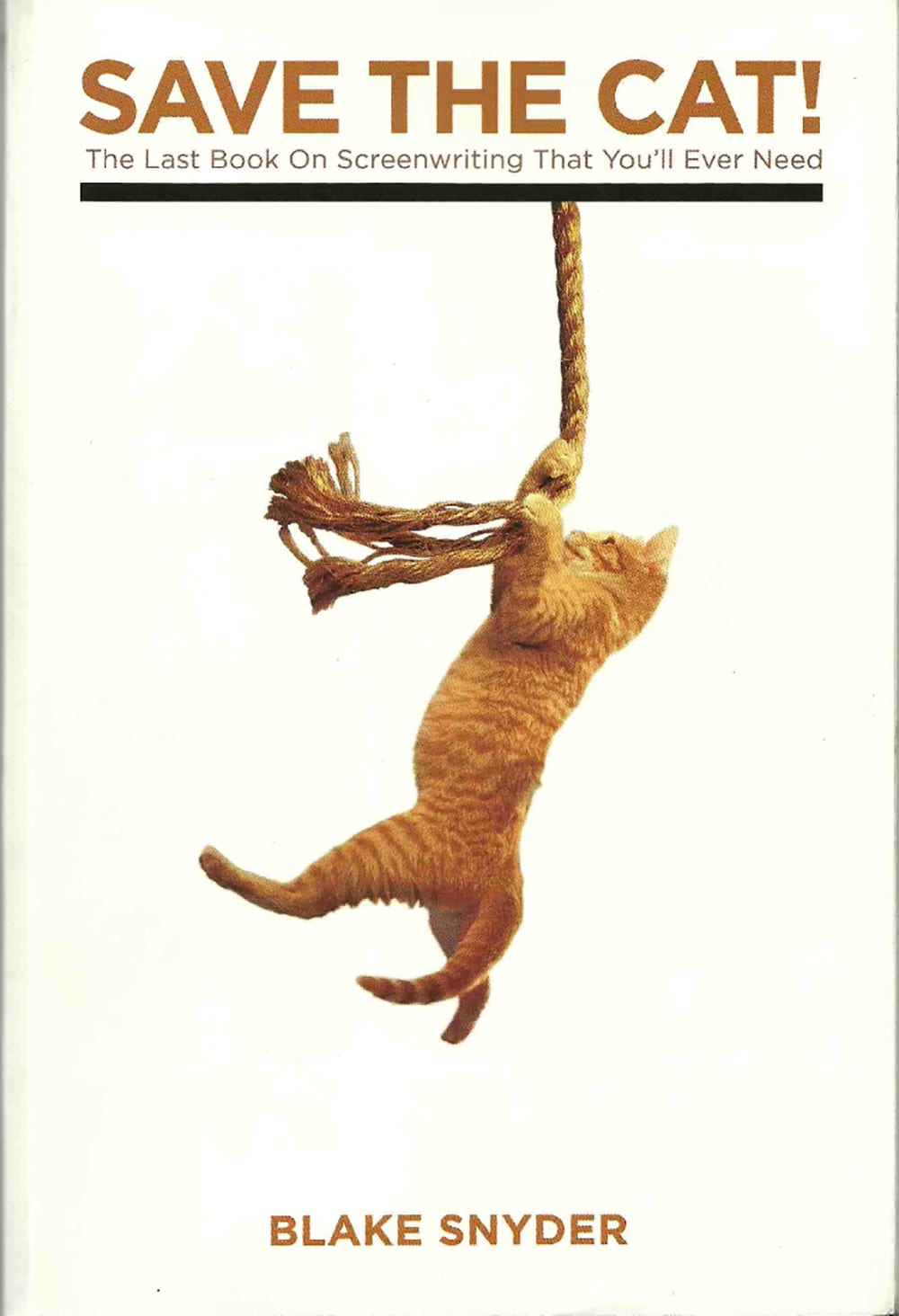Thinking of gifts for anyone is hard enough, but the task becomes especially difficult when trying to think of gifts for writers. Whether it’s their hobby or career choice, these people take writing seriously, and you want to buy something they’ll genuinely appreciate.
But, writing is a solitary activity that only requires pen and paper… what else is there to get besides a boring old notebook? Word of advice: don’t buy the notebook! They probably have tons already or write using their laptop. Instead, check out our unique list of gift for writers that will certainly make them smile.
-

Photo courtesy of CottonBro.
Gifts For the Writers In Your Life
The first step to buying the perfect gift is to specify what kind of writer your friend is. Are they a creative writer, a journalist, a nonfiction writer, a screenwriter, or a blogger? You can simply find out by asking them, but if you don’t want to ruin the surprise, then perhaps check out what your friend is reading. Odds are, if they like to read science fiction novels, then they probably like to write science fiction as well. Dig up whatever knowledge you can and use it as a starting point for picking out the perfect gift.
After getting an idea of what your friend likes to write, you will have a much easier time deciding what gift they would actually appreciate. Of course, books are the first thing that come to mind. There are millions of books that give advice to writers, but we have singled out three of the best manifestos to choose from. These books were specifically selected because they cover a wide variety of genres and topics. You will easily be able to identify which book is best for your writer friends.

Photo courtesy of Judit Peter.
Additionally, there are accessories and knick-knacks that make perfect gifts for writers. For example, a stylish mug; authors are notorious for drinking coffee and tea, even if it’s only to keep their fingers warm as they continue to write. It’s the little things that we don’t think of that often make for the best gift ideas.
Gifts For Writers: Books
Every writer has a toolbox, or in other words a stack of books they commonly refer back to for inspiration or advice. Almost every writer has a dictionary or a thesaurus in their back pocket, but they’ll need other source materials to guide them as well.

Many are familiar with Stephen King’s book On Writing, which provides excellent advice on grammar, structure, voice, and the overall process of writing. It is an educational book on writing embedded within a memoir, which makes it entertaining. However, since this book is so widely popular, we’ll assume that one is already sitting on their shelf at home. But there are many other entertaining books out there that teach the art of literary craft whether it be memoirs, poetry, short stories, novels, or screenplays.
Save The Cat: The Last Book You Will Ever Need On Screenwriting by Blake Snyder

Save The Cat is quirky, witty, and considered the best book on screenwriting ever published. Show biz expert and professional screenwriter, Blake Snyder, provides his readers with cutting-edge humor and practical advice on how to write a lucrative script in Hollywood. Better yet, it’s all packaged into a how-to manual with writing exercises and beat sheets to work off of.
Snyder’s advice is very cut and dry, like the title of his book. The overarching lesson for his readers is that they must, first and foremost, save the cat. What does it mean to save the cat? Essentially, Snyder explains that “save the cat” is a scene in a movie or book where the main character is first introduced and then does something to make the audience like him or her. For example, a man swoops in to save a cat that is stuck in a tree. He then goes on to dissect these kinds of scenes from popular movies like Sea of Love, Legally Blonde, and Die Hard. Now the reader can look at these blockbuster hits in a whole new light, and see how screenwriters got them hooked from the start.
On Writing Well: The Classic Guide To Writing Nonfiction by William Zinsser

If your friend is a particular fan of writing nonfiction, whether it be articles or blog posts, then they must have William Zinsser’s book On Writing Well: The Classic Guide To Writing Nonfiction. William Zinsser provides an encyclopedia of knowledge on how to write about nearly anything, whether it be sports, politics, business, technology, arts, or even yourself, considering the growing popularity of the memoir genre. Better yet, it’s all warmly packed into a motivational manifesto that encourages all people to write, whatever their profession may be.
On Writing Well covers the principles of style, vocabulary, and usage in a very direct, no-nonsense manner. Zinsser is a meticulous editor and proves this by going over excerpts of his manuscript, showing the reader how he revises and pares down his work. The reader may also find a few of his candid comments throughout the book. Statements like “Few realize how badly they write,” are able to humble the reader, but also encourages them to find their mistakes.
Steal Like An Artist: 10 Thing Nobody Told You About Being Creative by Austin Kleon

Steal Like An Artist sounds like some ill advice to give to a writer, but it is actually considered one of the best manifestos for creating art in the digital age. The book Steal Like An Artist: 10 Thing Nobody Told You About Being Creative started as a speech Austen Kleon gave to a class of college students that eventually went viral on the internet. Essentially, the main point of his speech was to prove that nothing is completely original. As he so plainly states, “all creative work builds on what came before. Every new idea is just a mix-up or mash-up of one or two previous ideas.”
Kleon’s point is somewhat controversial, but still encouraging for writers who struggle to come up with new ideas. Kleon does not allow them to get bogged down in what has already been done. Instead, he proves that one does not have to be completely original to be creative. That piece of advice alone just might be the cure to your friends writer’s block.
Other Gifts For Writers
Aside from books, there are countless products that make perfect gifts for writers. From delicious drinks to cozy clothes, we’ve got you covered!
Tea Leaves

Photo courtesy of Lisa Fotios.
Every writer knows what it’s like to spend hours at a time on their laptop, vigorously typing away while taking intermittent sips of their tea. It’s the perfect gift for an author who likes to stay warm and cozy while they work. You can even personalize it by choosing the preferred drink of their favorite literary character.
Bancha Hojicha is a Japanese green tea with a delicate, creamy taste and woody aroma. Better yet, it is the preferred drink of literary character, The Giver, in The Giver by Louis Lowery. Russian Caravan is a black tea that Hagrid always served with his rock cakes in the Harry Potter series. It has a strong rustic smell, and smoky flavor that will keep you feeling cozy all throughout the winter season.

Available for purchase on Nordstrom.com.
Of course, all the characters in Jane Austen’s novels were constantly drinking tea together. True fans will remember that they enjoyed dandelion tea made from flower petals that offer a sweet, delicate taste. However, even better is the roasted dandelion root tea that has an even bolder flavor and earthy aromas. If you’re in need of more inspiration, check out this collection of classic loose leaf teas from Vahdam.
Gloves

Photo courtesy of Anastasia Zhenina.
This is a gift your friend would never think to buy for him or herself. Writer’s gloves! They are the cure to typing with cold hands. Their natural silk material is thin and flexible, but provides soothing warmth for your hands, wrists, and forearms. You can even order customary gloves on Amazon.com designed with excerpts from stories like Alice in Wonderland, Macbeth, and Frankenstein. Now your friend will always think of you as they slip on their toasty warm gloves and get to work!
Chic Coffee Mugs

Photo courtesy of Jessica Lewis.
Coffee mugs are always the perfect addition to any gift, but you can get creative by finding ones with quirky, bookish sayings. There are funny ones like “Future Best-Selling Author” or “Creative Juices,” written in calligraphy on the side. Or you can pick one with a quote from their favorite author. Some phrases we recommend are “Kindness is the language that the deaf can hear and the blind can see,” by Mark Twain, or ““Definitions belong to the definers, not the defined,” by Toni Morrison. Clearly, this can go in a variety of directions, either funny or sweet, depending on your mood. We love this matching set made by Louise Madzia.
Written by Katie Jensen

